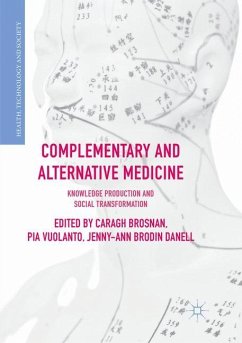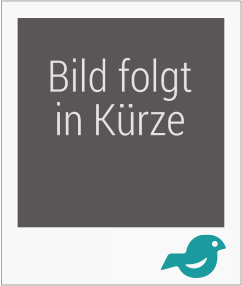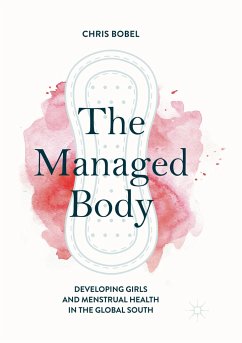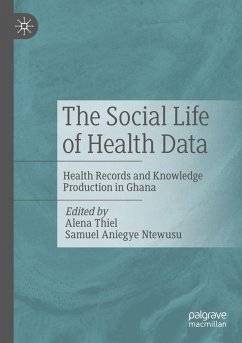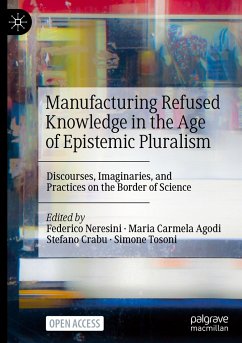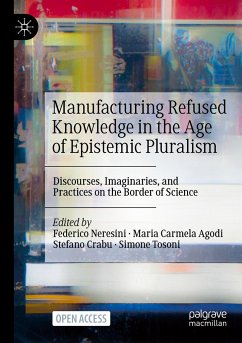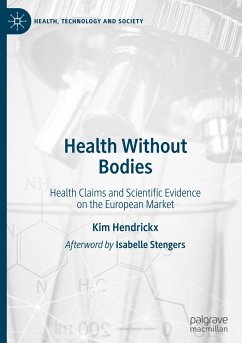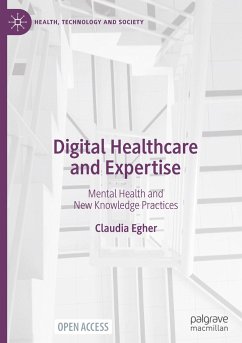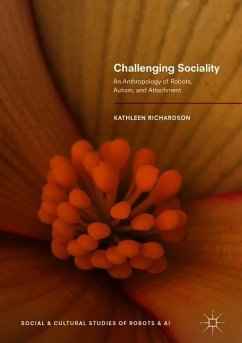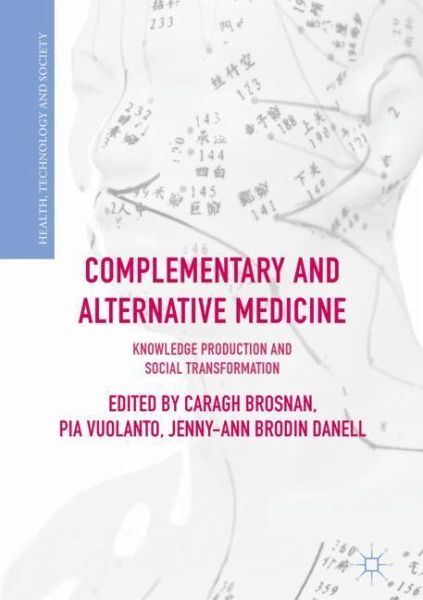
Complementary and Alternative Medicine
Knowledge Production and Social Transformation
Herausgegeben: Brosnan, Caragh; Vuolanto, Pia; Danell, Jenny-Ann Brodin

PAYBACK Punkte
46 °P sammeln!
This book examines how complementary and alternative medicine (CAM) - as knowledge, philosophy and practice - is constituted by, and transformed through, broader social developments. Shifting the sociological focus away from CAM as a stable entity that elicits perceptions and experiences, chapters explore the forms that CAM takes in different settings, how global social transformations elicit varieties of CAM, and how CAM philosophies and practices are co-produced in the context of social change. Through engagement with frameworks from Science and Technology Studies (STS), CAM is reconceptuali...
This book examines how complementary and alternative medicine (CAM) - as knowledge, philosophy and practice - is constituted by, and transformed through, broader social developments. Shifting the sociological focus away from CAM as a stable entity that elicits perceptions and experiences, chapters explore the forms that CAM takes in different settings, how global social transformations elicit varieties of CAM, and how CAM philosophies and practices are co-produced in the context of social change. Through engagement with frameworks from Science and Technology Studies (STS), CAM is reconceptualised as a set of practices and knowledge-making processes, and opened up to new forms of analysis. Part 1 of the book explores how and why boundaries within CAM and between CAM and other health practices, are being constructed, challenged and changed. Part 2 asks how CAM as material practice is shaped by politics and regulation in a range of national settings. Part 3 examines how evidence is being produced and used in CAM research and practice. Including studies of CAM in Eastern and Western Europe, Asia, and North and South America, the volume will appeal to postgraduate students, researchers and health practitioners.



